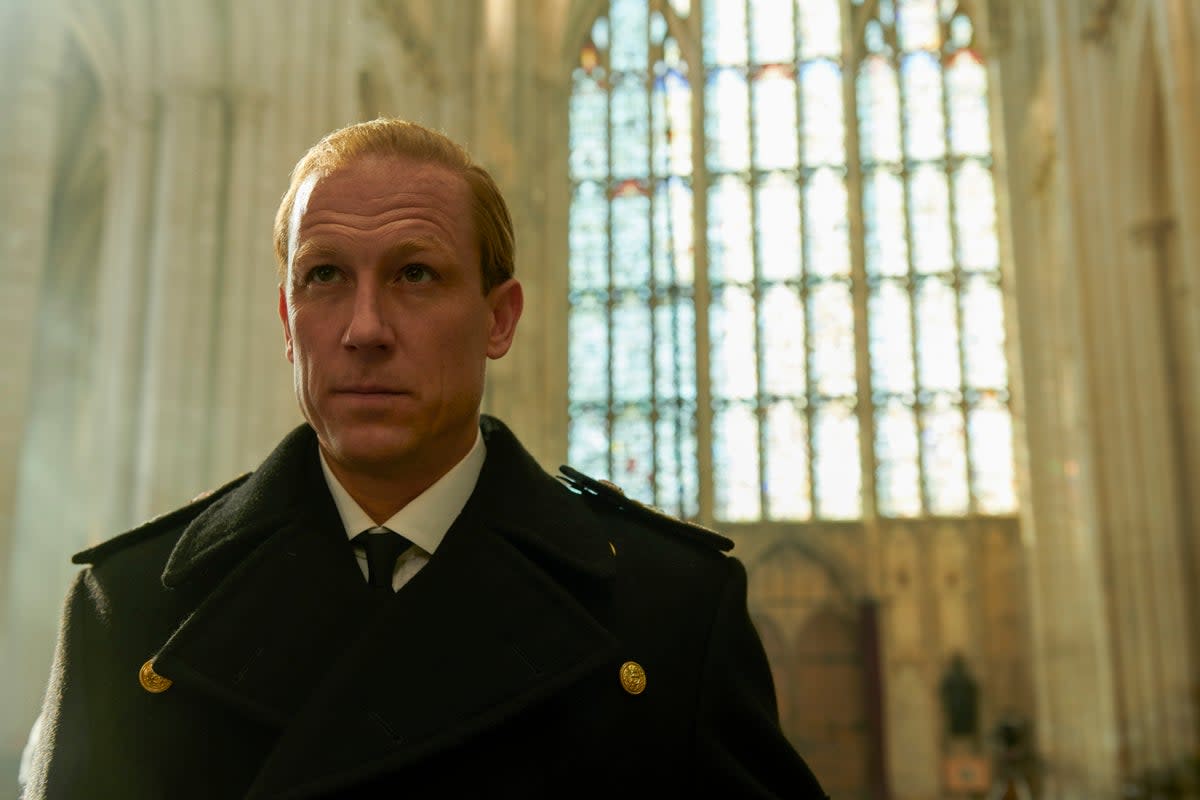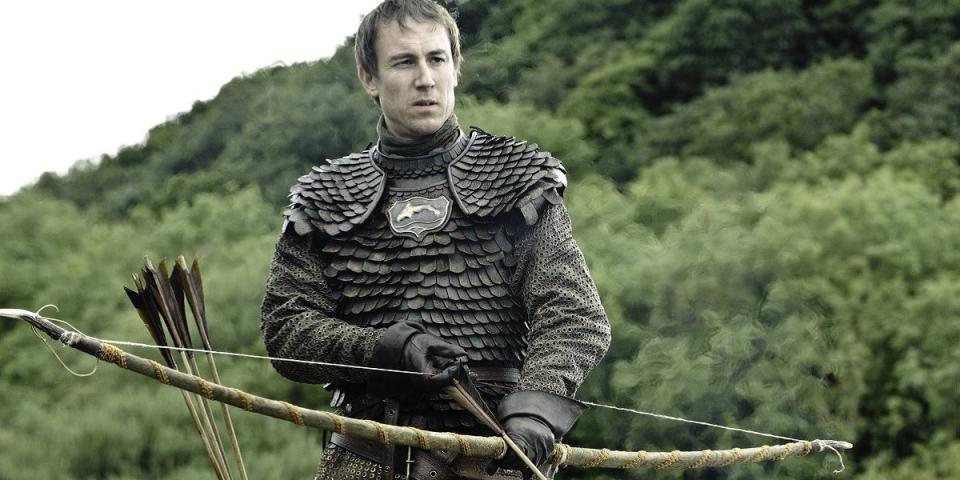Tobias Menzies says The Crown viewers were ‘naive’ to think show was real

Tobias Menzies has suggested that viewers of The Crown who thought the show was an accurate portrayal of royal history were “naive”
The actor, who played Prince Philip in seasons three and four of the hit Netflix show, said the series “was always headed on a bit of a collision course” as it began to dramatise royal events in recent memory.
It was at this point that he said viewers’ opinions of the show became “bumpier”, even though The Crown never pretended to be an accurate history.
But this is something Menzies told The Guardian “maybe audiences were more naive about.”
Acknowledging that the show’s writer, Peter Morgan, was trying to do more than dramatise royal events as they happened, he said he sought “to articulate something that has a larger truth about the institution… choosing certain events and spinning a story and meaning and conclusions from those events”.
The Crown followed the life of Queen Elizabeth from 1947 to 2005, coming to a close at the start of this year.
The final event detailed in the show was the now King Charles’s marriage to Camilla Parker Bowles.

Menzies made the revelation in a new interview where he opened up about his life as an actor, explaining fans of The Crown are the least likely to approach him in real life.
But this is something that the actor, who won an Emmy for his role in the show, admits he is grateful for, adding: “I’m temperamentally not well suited to being well-known or being spotted.”

The Crown’s showrunner Peter Morgan similarly opened up about its accuracy, admitting that while large parts of the royal family’s lives have been documented, more intimate details and conversations are not.
“I think when you’re doing a drama based on real people, real events, you have to constantly ask yourself where you stand in truth and accuracy, and what the responsibility of that is,” he told The Hollywood Reporter.
“I have to join the dots, and that’s where the act of imagination comes in,” he said.
“I think that there’s a covenant of trust with an audience where they think, I’m watching something. … But too often I get shocked when people say, ‘Oh! But when that happened,’ and I go, ‘Well, no. Actually, I had to imagine that.’”


